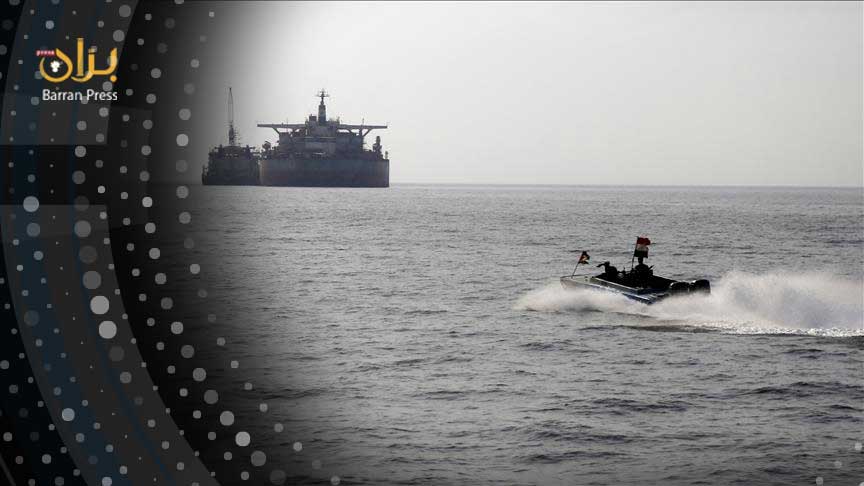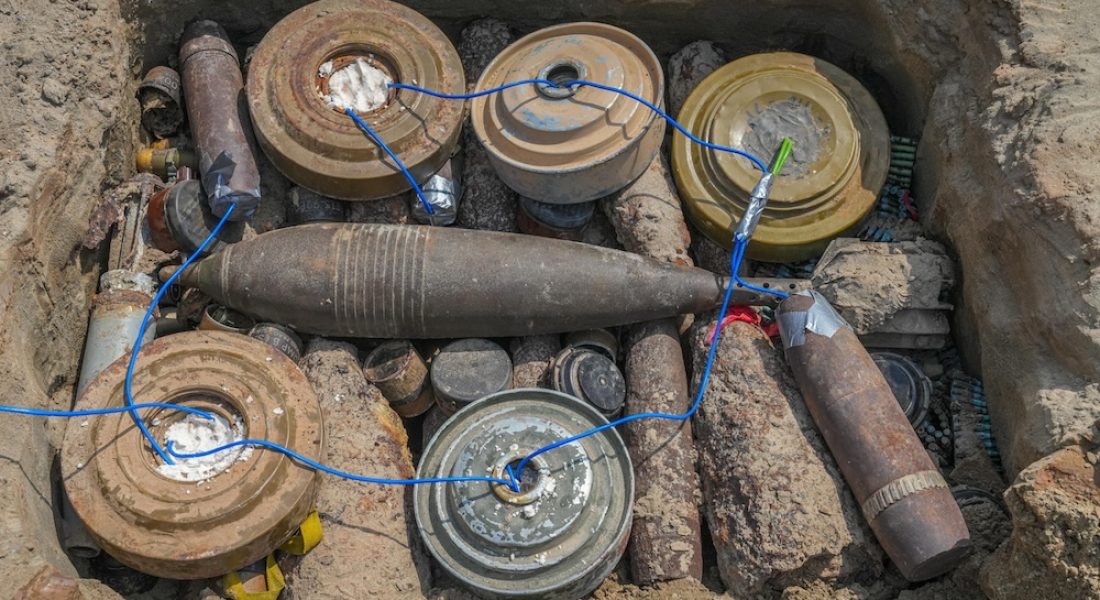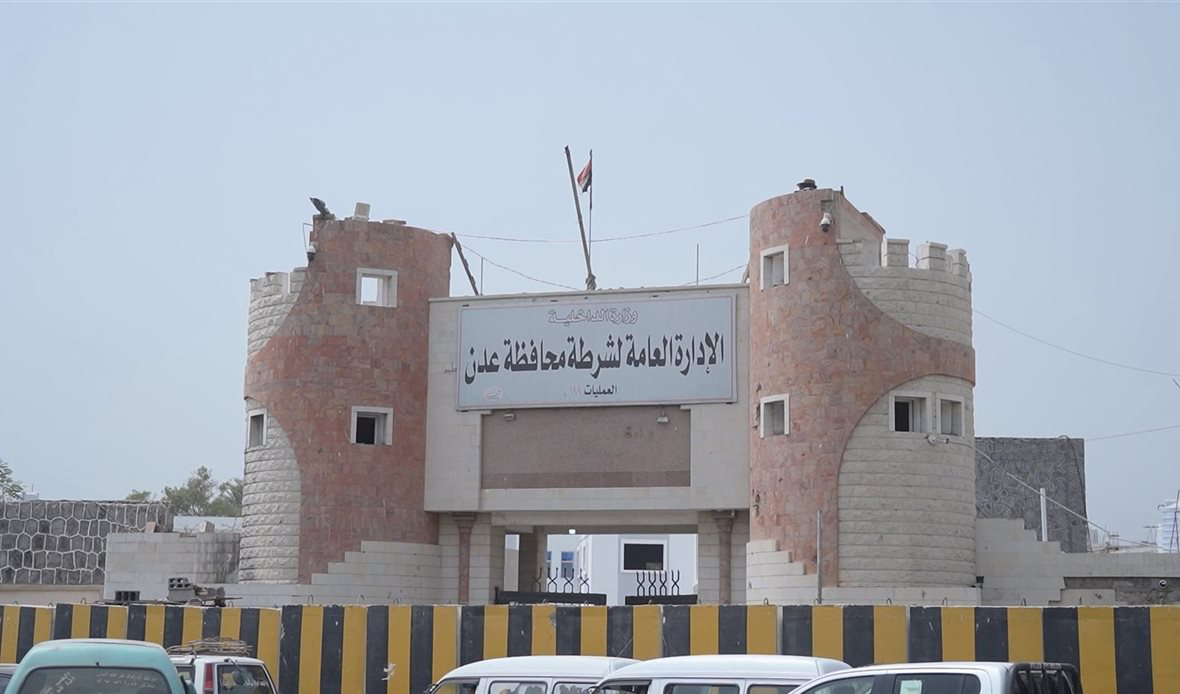
Barran Press
The Houthi group's recent use of a remote-controlled boat to attack a Greek-owned ship in the Red Sea has raised alarm bells about the group's evolving tactics and the potential threat to global trade.
The attack, which forced the ship's crew to evacuate after sustaining a "severe hit," marks the "first time" the Houthis have employed such a weapon. Military experts believe this could be a new tactic to evade US-led efforts to thwart their missile and drone attacks on ships in the region.
The incident has sparked questions about the effectiveness of the International Coalition to Protect Navigation in the Red Sea in countering this new threat. Experts are also assessing the extent of the Houthis' capabilities and their stock of these "drone boats."
Not a Stealth Advantage
Military expert Dr. Ali Al-Dhahab, speaking to "Barran Press," described the technology used by the Houthis as similar to "unmanned explosive or suicide aircraft boats" that function as a missile. These boats, he explained, come in two forms: floating and underwater, and are typically used for smuggling activities in enclosed waters, bays, or coastal areas.
Al-Dhahab emphasized that these boats are guided via satellite, similar to drones. While he acknowledged their potential for stealth, he argued it is not a decisive advantage. He believes these boats are primarily used to target ships in crowded areas like straits, canals, ports, and shipping lanes.
He cited past incidents involving US warships, such as the USS Cole attack in Aden in 2000 and the ship Lamborgh in Dabbat al-Mukalla port in 2002, as evidence of the vulnerability of ships to such attacks.
Not a New Threat
Al-Dhahab noted that the use of such boats is not entirely new, pointing to Iran's use of similar tactics in the Strait of Hormuz. He highlighted the 2019 attack on three ships, which he attributed to Iranian-backed forces.
He emphasized that commercial ships, unlike warships, lack significant defenses against such attacks. While security companies are employed to combat piracy, they are typically limited to conventional weapons and operate in designated areas.
Al-Dhahab explained that commercial ships are generally not permitted to carry security guards over long distances, making them vulnerable to attacks by these types of boats.
Houthi Objectives
Regarding the Houthis' motivations for these attacks, Al-Dhahab suggested they aim to maintain constant pressure on their opponents. He believes the Houthis are attempting to provoke a ground battle with the US and UK, turning the conflict into a national struggle and rallying internal support for their cause.
He further suggested that the Houthis hope to force a larger military response from the government forces, backed by the US, which they could then portray as an invasion, prolonging the conflict and potentially expanding their control over areas like Taiz and Marib.
The use of drone boats represents a significant escalation in the Houthi conflict, raising concerns about the safety of shipping lanes and the potential for further disruptions to global trade. The international community is now tasked with finding effective countermeasures to mitigate this new threat.
A Chance for the West?
Military expert Dr. Ali Al-Dhahab believes that the Houthi attacks, while disruptive, could benefit the United States and the West. He argues that the attacks justify a continuous US military presence in the Red Sea, as well as pressure on regional countries to establish foreign military bases.
Al-Dhahab also suggests that the Houthis' actions could be a form of economic blackmail, aimed at influencing neighboring countries or even impacting the Chinese Belt and Road Initiative. He believes the chaos created by the Houthis serves to distract and preoccupy the West, particularly the US, which is already facing various challenges in the region.
A Dangerous Development
Military analyst Brigadier General Muhammad Al-Kumaim views the use of drone boats as a "dangerous development." He points out that these boats are advanced and capable of evading ship defenses. Their ability to attack at sea level, creating holes in ship hulls, makes them particularly dangerous.
Al-Kumaim emphasizes that these attacks target "soft targets," as commercial ships are not fully equipped to defend themselves. He notes that the Houthis have yet to successfully attack a military vessel in the Red Sea, which is better equipped for defense.
Houthi Tactics and Iranian Agenda
Al-Kumaim describes the Houthis' tactics as guerrilla warfare, utilizing mountain fortifications and hidden launch sites to gain maneuverability. He believes that the Red Sea provides a perfect environment for these tactics and that Iran has provided the necessary weapons to carry them out.
He sees the attacks as part of a larger Iranian agenda to expand its regional influence. He considers Iran's arms proliferation in Iraq, Lebanon, Yemen, and Africa a dangerous indicator of its ambitions.
A Shared Interest?
Al-Kumaim questions the effectiveness of efforts to counter the Houthi attacks, arguing that as long as the group has access to weapons and ports, the attacks will continue. He suggests that the US may not be truly committed to eliminating the Houthis, perhaps using their presence as a justification for its own military presence in the region.
He believes that there may be a shared interest between the Houthis and the US, as the latter may not want to see the conflict end. Al-Kumaim also criticizes the media's portrayal of the situation, suggesting that the events are being exaggerated by both the US and the Houthis.
The Houthi attacks have significantly disrupted shipping in the Red Sea, increasing insurance costs and forcing many companies to use longer, alternative routes. The international community faces a complex challenge in responding to this new threat, with competing interests and agendas at play.





